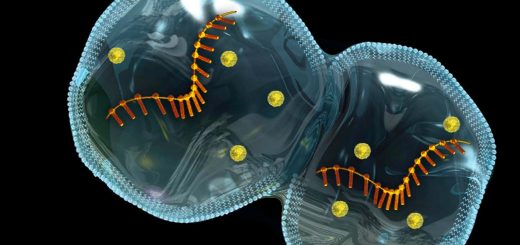Nighttime light exposure linked to heart disease in largest study yet
Light exposure at night may disrupt our body’s internal clocks, or circadian rhythms, that keep physiological processes ticking along
By Helen Thomson
3 July 2025
It may be worth making your nighttime environment as dark as possible
Tero Vesalainen/Shutterstock
The more light you are exposed to at night, the higher your risk of heart disease, according to the largest study yet on how night light affects heart health.
Multiple environmental and behavioural cues synchronise our body’s circadian rhythms – internal clocks that govern physiological processes. But modern life can throw off these biological timers, increasing our susceptibility to different conditions.
Read more
How hacking your metabolism can help you burn fat and prevent disease
Light, a major enforcer of circadian rhythms, has long been linked to various health impacts. For instance, shift workers exposed to light at night have a higher risk of heart disease.
Previous studies that used satellite data found associations between people living in bright, urban areas and heart disease, but they only measured outdoor light at night. Daniel Windred at Flinders University in Adelaide, Australia, and his colleagues wanted to know whether an individual’s overall light exposure was associated with cardiovascular problems.
They tracked about 89,000 people without cardiovascular disease who wore light sensors for one week between 2013 and 2016. “This is the biggest study of personal light exposure patterns and cardiovascular health to date,” says Windred.


